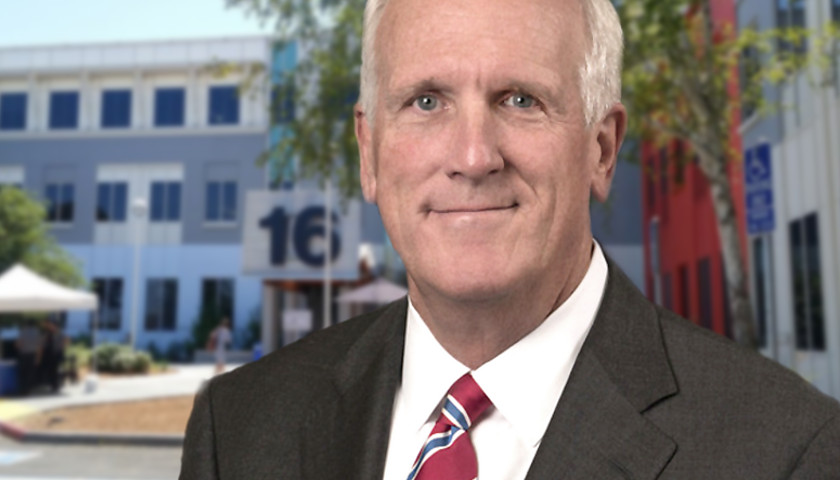Tennessee Attorney General Herbert Slatery III submitted a letter this week urging Facebook to stop developing an Instagram specifically for children under 13. In addition to Tennessee, 44 other attorney generals signed onto the letter addressed to Mark Zuckerberg.
The attorneys general stated that research consistently links social media to physical, emotional, and mental health issues; that children can’t handle the challenges and responsibilities of social media, such as privacy and inappropriate content; and that Facebook fails to protect the safety and privacy of children.
“Facebook has historically failed to protect the welfare of children on its platforms. The attorneys general have an interest in protecting our youngest citizens, and Facebook’s plans to create a platform where kids under the age of 13 are encouraged to share content online is contrary to that interest,” stated the letter. “It appears that Facebook is not responding to a need, but instead creating one, as this platform appeals primarily to children who otherwise do not or would not have an Instagram account. In short, an Instagram platform for young children is harmful for myriad reasons.”
In all, the letter cited 16 sources documenting the negative mental effects of social media for children. It listed data accrued from mental health research, cyberbullying studies, child sexual abuse investigations, and flaws within Facebook’s own algorithms to challenge Zuckerberg’s claims on how safe social media is for children. In a March Congressional hearing, Zuckerberg alleged that the company had research linking health benefits – not harms – to social media. As such, he roundly dismissed the idea that social media harms children.
Attorney generals from the District of Columbia, Guam, Puerto Rico also signed onto the letter. States that didn’t sign on were Alabama, Arizona, Arkansas, Colorado, Florida, Georgia, Indiana, Nebraska, North Dakota, Pennsylvania, Vermont, and West Virginia.
The head of Instagram, Adam Mosseri, insinuated that Facebook was responding to the demands of parents with kids under 13.
“Kids are increasingly asking their parents if they can join apps that help them keep up with their friends. A version of Instagram where parents have control, like we did [with] Messenger Kids, is something we’re exploring. We’ll share more down the road,” wrote Mosseri. “I think one of the main concerns from the folks we spoke with is that Instagram doesn’t yet have a complete handle on bullying, harassment, etc on its main platform. Given that, those people who have concerns about a whole new platform for even younger users would entail.”
Kids are increasingly asking their parents if they can join apps that help them keep up with their friends. A version of Instagram where parents have control, like we did w/ Messenger Kids, is something we’re exploring. We’ll share more down the road.
— Adam Mosseri (@mosseri) March 18, 2021
The attorneys general noted in their letter that Messenger Kids has had some serious design flaws. They cited 2019 reports revealing that children could circumvent restrictions and join group chats with strangers not approved by the children’s parents.
Current Instagram policy doesn’t allow children under 13 to join the platform. Facebook is currently developing artificial intelligence and other technologies to verify age. They are also introducing a feature to prevent adults from sending messages to anyone under 18 that doesn’t follow them.
Facebook bought Instagram in 2012 for $1 billion. At the time, Instagram was a green app – it was under two years old, had 13 employees, and reportedly never made any revenue. Instagram is worth approximately over $100 billion.
– – –
Corinne Murdock is a reporter at The Tennessee Star and the Star News Network. Follow her latest on Twitter, or email tips to [email protected].
Photo “Facebook HQ” by Minette Lontsie CC4.0






Great, let’s psychologically damage young children now and turn then into revenue generators for businesses. No reason not to start building a social credit score on elementary school age children. This is the work of the devil.